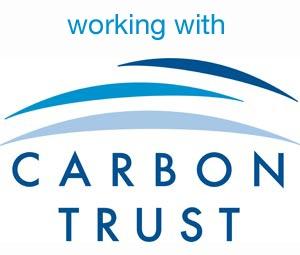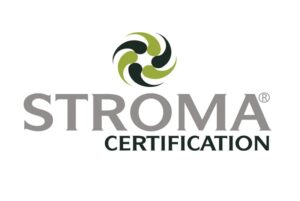Understanding EPC Ratings: Enhancing Energy Efficiency for UK Properties
Your all-in-one solution for both commercial and domestic properties!
What Exactly Are EPC Ratings?
An EPC rating is a numerical measure of a building’s energy efficiency. It runs from A (most efficient) to G (least efficient), offering crucial information about a property’s environmental effect and possibilities for improvement to potential purchasers or renters. Complete EPC is committed to assisting you in understanding and optimizing the Energy Performance rating of your property.
These scores are divided into bands as follows:
- EPC rating A = 92-100 SAP points (most efficient)
- EPC rating B = 81-91 SAP points.
- EPC rating C = 69-80 SAP points.
- EPC rating D = 55-68 SAP points.
- EPC rating E = 39-54 SAP points.
- EPC rating F = 21-38 SAP points.
- EPC rating G = 1-20 SAP points (least efficient)
The Significance of EPC Ratings
Energy performance ratings are more than simply numbers; they have serious consequences for property owners, purchasers, and tenants:
Energy Efficiency Improvement: A lower-rated characteristic (e.g., F or G) indicates that energy efficiency improvements are required. Our EPC reports include useful tips for making your property more energy-efficient.
Legal Compliance: A valid EPC is necessary when selling or renting a home. Allow our professionals to ensure you comply with the Minimum Energy Efficiency Standards (MEES) regulations.
Cost Savings: Properties with higher EPC scores (A to C) often have lower energy costs, which saves you money in the long term.
Environmental Impact: Higher-rated homes help reduce carbon emissions, supporting a more sustainable environment.
Enhanced Home Value: A good energy rating raises the market worth of your home, attracting eco-conscious purchasers and tenants who understand the significance of energy efficiency.
Sustainable Living: Higher energy performance ratings indicate your dedication to sustainability, encouraging a greener environment, and minimizing your home’s carbon impact.
Competitive Advantage: A better rating may set your house apart in a competitive property market, attracting more potential buyers or tenants.
Swift Identification: EPC inspections quickly identify inefficient locations, allowing you to prioritize renovations for the greatest impact.
A Domestic Energy Assessor's (DEA) Role
Domestic Energy Assessors (DEAs) are certified and licensed individuals who play an important part in the EPC grading. They undertake comprehensive energy audits of residential premises, thoroughly inspecting insulating material, heating systems, air conditioning, lighting, and other important variables. They transfer the data from their observations into specialized software to determine the effectiveness of the energy rating and highlight areas for improvement.
Complete EPC is devoted to increasing energy efficiency in the UK property market. Our professional team of Domestic Energy Assessors guarantees that you obtain accurate and dependable EPC ratings for residential and commercial premises. With our experienced services, you may improve your property’s energy efficiency and environmental footprint.
How to Get an EPC
Obtaining an EPC for your house is a simple procedure. To get your certificate, visit the Energy Performance of Buildings Register. You may also look up the EPC reports of other houses in your neighbourhood for free. It is critical to rely on authorized specialists like Complete EPC to ensure accuracy and compliance.
EPC's for Commercial Use
We provide business EPCs for business buildings in addition to home residences. If you own or rent commercial property, our qualified DEAs can examine the energy performance of your building and offer you a thorough EPC report.
EPC's for New Construction
The builder is responsible for acquiring an original Energy Performance Certificate for new builds. Our qualified on-site household energy assessors can assist builders in meeting these deadlines.












